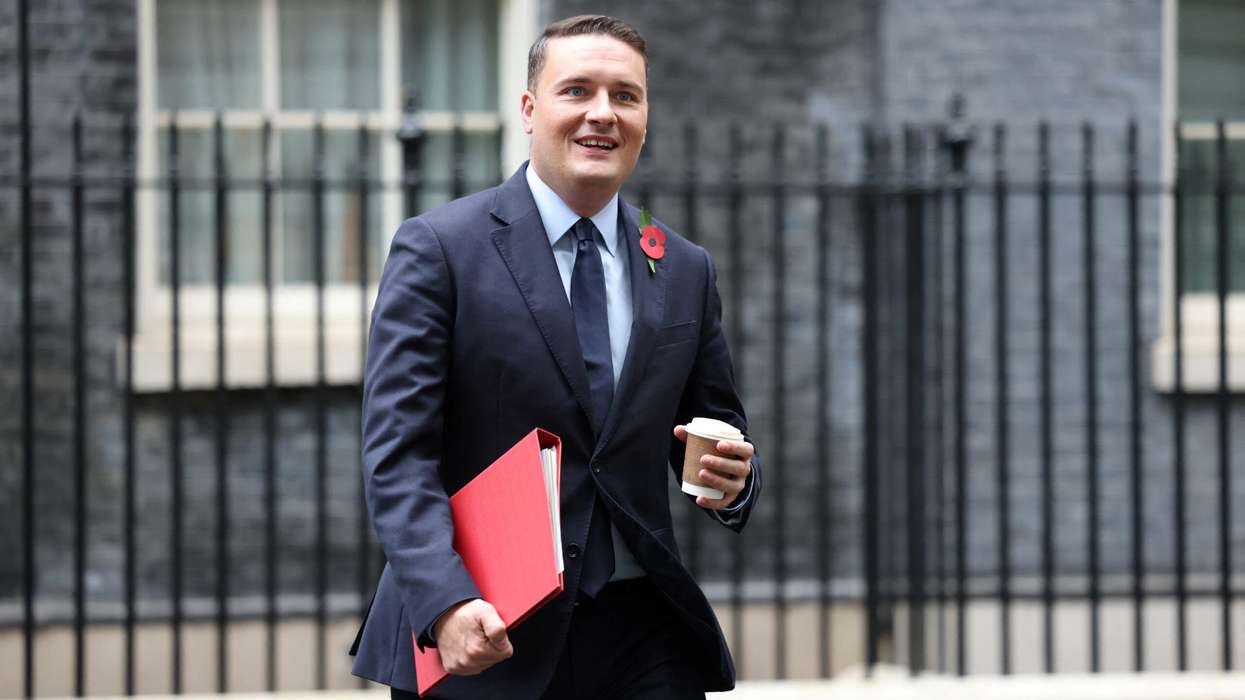A three-year-old boy who died of malnutrition in Birmingham was failed by authorities reluctant to intervene due to fears of being perceived as racist, according to a newly published safeguarding review.
Child suffered severe malnutrition and died of a respiratory infection
Abiyah Yasharahyalah died in 2020 from a respiratory illness, which was significantly worsened by prolonged malnutrition. A post-mortem examination revealed that he had rickets, anaemia and stunted growth. His diet, based on strict vegan restrictions imposed by his parents, contributed to his weakened state and eventual death.
The child’s parents, Tai Yasharahyalah, 42, and Naiyahmi Yasharahyalah, 43, were found guilty of multiple offences, including child neglect, causing or allowing the death of a child, and perverting the course of justice. They were sentenced in December 2023 to 24 years and six months, and 19 years and six months in prison, respectively.
Unconventional beliefs and isolation from society
Tai, a medical genetics graduate who also went by the name Tai-Zamarai, and Naiyahmi, a former shop worker, developed an unusual belief system that included elements of Igbo culture. The couple rejected mainstream society and lived in unconventional settings, including a shipping container and a caravan in Somerset.
During their trial at Coventry Crown Court, it was revealed that the pair had created their own legal structure, referred to by Tai as “slick law”. They also kept their son away from state institutions such as the NHS and education services.
Following their eviction from a property in Handsworth, Birmingham, in March 2022, authorities discovered Abiyah’s body buried on the premises. The parents had concealed his death for nearly two years.
Limited professional contact and missed opportunities
A serious case review by the Birmingham Safeguarding Children Partnership (BSCP), published on 5 June 2025, concluded that Abiyah was only in limited contact with professionals throughout his life. He was seen by a health visitor shortly after his birth in April 2016 and once more the following month.
Although there were some interactions with social services in London in 2018 and a few visits to a children’s centre in Birmingham, the report noted that there was a “very limited insight” into his health, development or overall welfare.
A police visit to the family's Handsworth residence in 2018 did not lead to further action, and Abiyah’s presence was scarcely documented in official records. Health visitors also did not follow up after missed appointments, including at the one-year and two-year milestones, nor did they question the parents’ decision to avoid immunisations and mainstream healthcare.
Cultural sensitivities cited in failure to act
The review said that professionals working with the family demonstrated a reluctance to challenge the parents’ cultural and lifestyle choices. This hesitation was, in part, due to fears of appearing racist or discriminatory.
The report author, Kevin Ball, wrote that child safeguarding should always remain paramount and not be compromised by fear of cultural insensitivity. “If any family engages in cultural practices which are harmful to children, this must not be overlooked,” he stated.
The review added that “there was no exploration or curiosity” into the impact of the parents’ beliefs on Abiyah’s welfare, and that parental behaviour frequently “distracted or diverted” professionals’ focus from the child's safety.
Mother admits regret during review process
Naiyahmi Yasharahyalah agreed to participate in the review and stated that she had believed she was acting in her son’s best interests at the time. She acknowledged, however, that she regretted not doing more research into nutrition and medical care. “It’s hard to accept that my approach did not lead to the best outcomes for my child,” she said.
Recommendations and responses
The report recommended revisiting workforce guidance to ensure professionals are equipped to assess and intervene when children become “hidden from professional sight”, especially in families living off-grid or with alternative lifestyles. It also calls for greater emphasis on understanding how a parent’s beliefs may affect a child’s development and well-being.
Annie Hudson, chair of the national Child Safeguarding Practice Review Panel, said the case raised “very serious questions” about the local and national child protection systems. “It is important to respect parents’ faith and beliefs. However… professionals must always be mindful of whether their views about parents… is inhibiting their capacity to be questioning and act,” she said.
James Thomas and Sue Harrison, co-chairs of the BSCP, emphasised the difficulty of protecting children who are not in regular contact with professionals. They stated that addressing the risk to children “out of sight” had become one of the Partnership’s top strategic priorities.
Discovery and conviction
Abiyah’s parents were arrested in Somerset on 9 December 2022. His body was discovered five days later. At trial, the court heard that the couple had deliberately avoided seeking medical help for their child despite obvious signs of deteriorating health.
The judge ruled that they had each played a role in his death, which could have been prevented with timely intervention.





